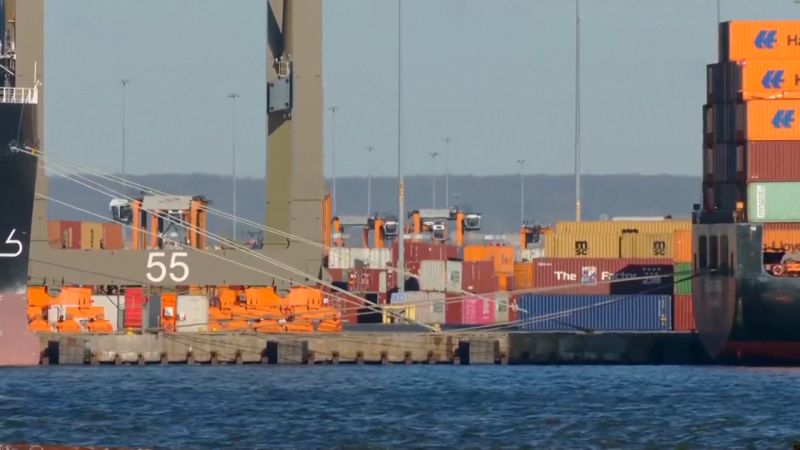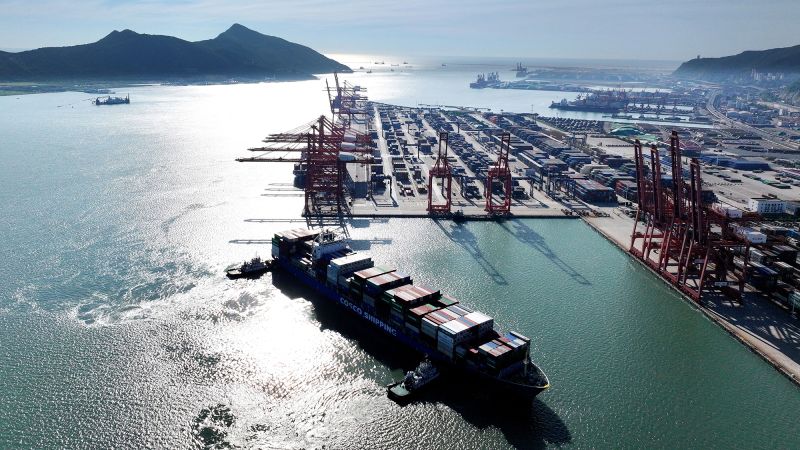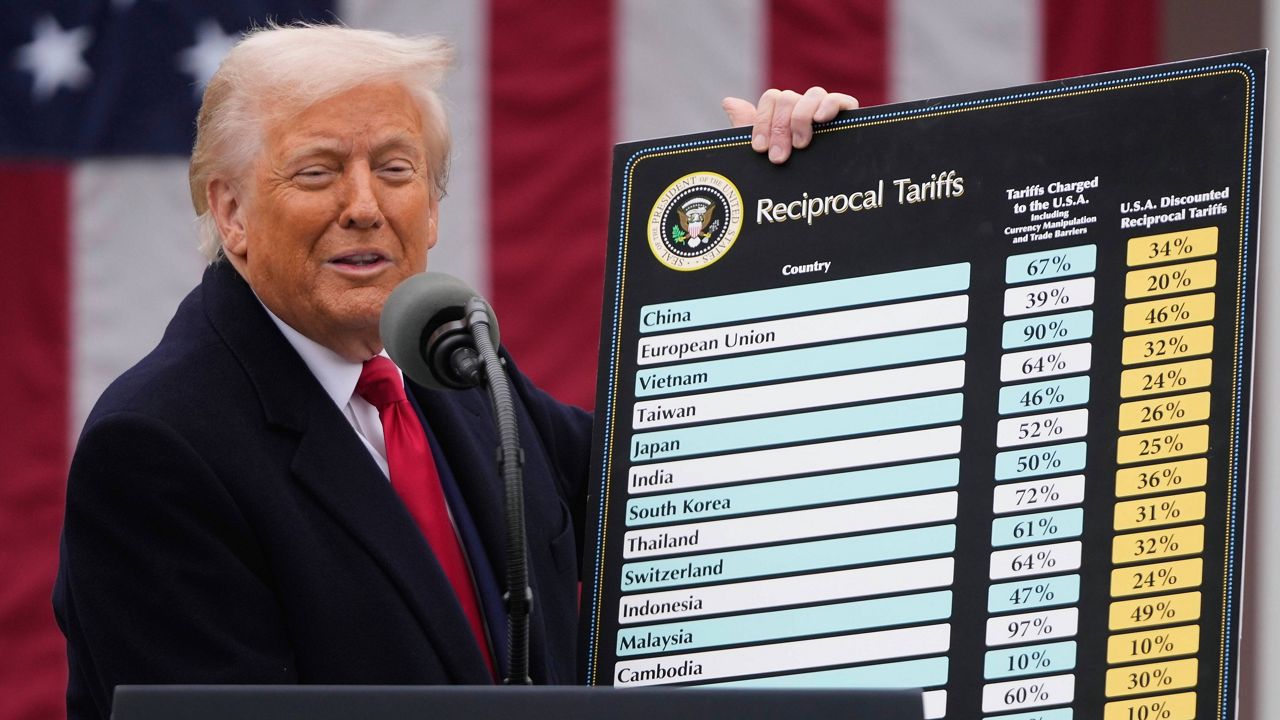
Toyota Faces Unprecedented Financial Blow from Tariffs
Business | 8/7/2025
Toyota, the world’s largest carmaker, revealed on Thursday the anticipation of an unparalleled financial blow due to tariffs imposed on vehicles imported into the United States by President Donald Trump. The company expects a substantial profit loss amounting to approximately $9.5 billion, marking the most significant estimate declared by any corporation thus far. This announcement underscores the far-reaching economic implications of the ongoing trade tensions between the U.S. and other nations.
In a statement addressing the impact of the tariffs, a Toyota spokesperson emphasized the complexity of navigating the current trade environment, stating, “The automotive industry is a global business, and any policy that impacts the industry will ultimately affect customers, the entire supply chain, and the U.S. economy.” The projected profit hit signifies a critical challenge for Toyota as it operates within a highly competitive and dynamic market where margins are closely scrutinized.
The imposition of tariffs on imported vehicles forms part of a broader trade strategy pursued by the Trump administration, aiming to bolster domestic manufacturing and reduce trade deficits. However, critics argue that such measures could lead to adverse consequences for multinational companies like Toyota, potentially resulting in higher prices for consumers and disruptions in supply chains.
In response to Toyota’s announcement, industry analysts have raised concerns about the ripple effects that a significant profit loss of this magnitude could have on the global automotive sector. The company’s proactive disclosure of the potential financial impact serves as a stark reminder of the intricate interplay between trade policies, corporate strategies, and market dynamics in the contemporary business landscape.
As the situation continues to unfold, stakeholders across various sectors will closely monitor how Toyota and other major corporations navigate the challenges posed by escalating trade tensions and evolving regulatory frameworks. The repercussions of these developments extend beyond the realm of individual companies, signaling broader implications for international trade and economic stability in a globally interconnected marketplace.


